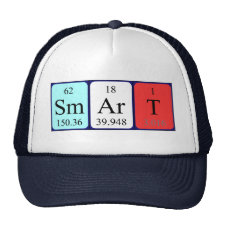
Authors: Wang HF, Li WY, He XW, Chen LX, Zhang YK
Article Title: m-Aminophenylboronic acid as a functional monomer for fabricating molecularly imprinted polymer for the recognition of bovine serum albumin.
Publication date: 2008
Journal: Reactive and Functional Polymers
Volume: 68
Issue: (9)
Page numbers: 1291-1296.
DOI: 10.1016/j.reactfunctpolym.2008.06.002
Alternative URL: http://www.proteomics.dicp.ac.cn/publications/2006/8.pdf
Abstract: Using m-aminophenylboronic acid (APBA) as a functional monomer, molecularly imprinted polymer (MIP) imprinted with bovine serum albumin (BSA) was fabricated on activated glass spheres under optimized conditions. Key factors in the prepolymerization reaction (between APBA and BSA), such as buffer pH, ionic strength and reaction time, were carefully optimized as previously reported [H.F. Wang, W.Y. Li, X.W. He, et al. Acta Chim. Sinica 65 (2007) 43-48]. The interaction between APBA and BSA during the prepolymerization stage was investigated and optimized, and ideal conditions for protein rebinding experiments were determined as well. Protein rebinding and enriching properties of polymers were studied in single and competitive binding protocols, respectively. The key point of the present paper is that the binding selectivity of polymers may be estimated by the amount of bound-protein recovered from a protein-saturated polymer. Results demonstrated that the selectivity of MIP towards its template protein is superior to that of non-imprinted polymer (NIP)
Template and target information: protein, albumin, bovine serum albuin, BSA
Author keywords: molecularly imprinted polymer, m-Aminophenylboronic acid, protein, adsorption capacity, Bovine serum albumin (BSA)



Join the Society for Molecular Imprinting

New items RSS feed
Sign-up for e-mail updates:
Choose between receiving an occasional newsletter or more frequent e-mail alerts.
Click here to go to the sign-up page.
Is your name elemental or peptidic? Enter your name and find out by clicking either of the buttons below!
Other products you may like:
 MIPdatabase
MIPdatabase









